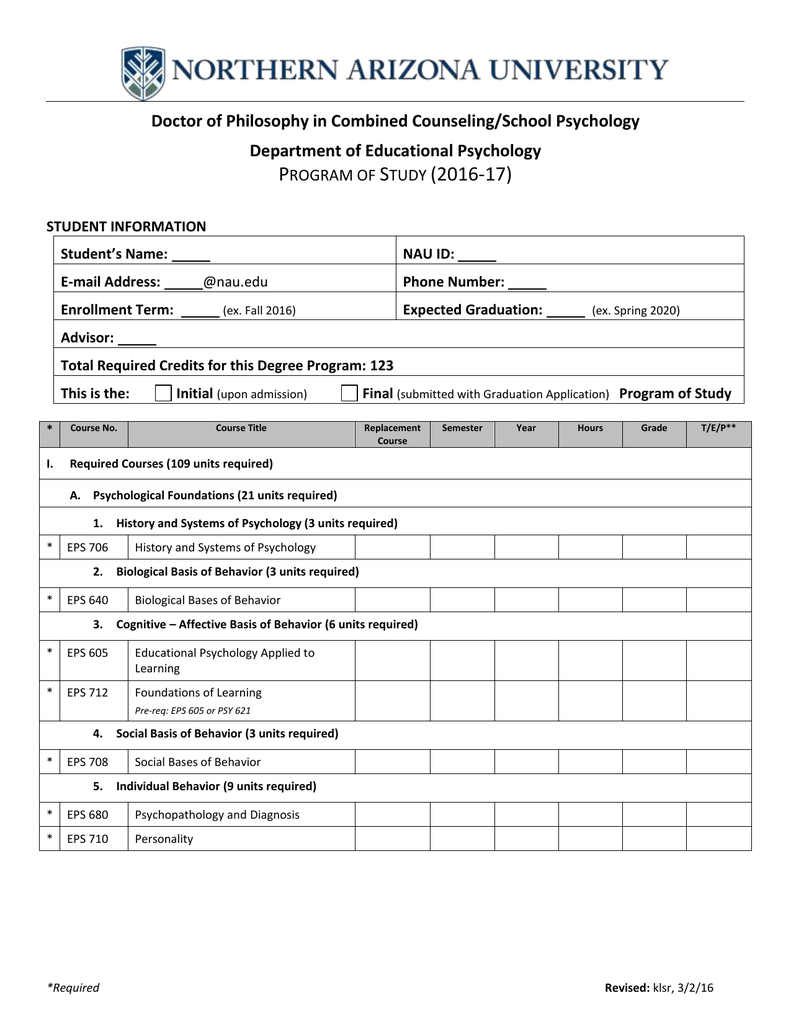

work demands, task feedback, role clarity) were collected at four time points. In a range of specialties, one of which was EM, data from measures of well-being, motivation, intention to quit, confidence and competence and job-related characteristics (e.g. Phase 2 was a 12-month online longitudinal study of F2 doctors measuring levels of and changes in well-being and motivation. Phase 1 used semistructured interviews and focus groups with postgraduate deanery leads, training leads (TLs) and F2 doctors to explore the strategic aims and implementation of FT, focusing on the specialty of EM.

Phase 2 identifies how F2 doctor well-being and motivation are influenced over F2 and specifically in relation to EM placements and quality of care provided to patients. Phase 1 describes the aims of delivering foundation training with a focus on the role of training in supporting the well-being of F2 doctors and assesses how FT is implemented on a regional basis, particularly in emergency medicine (EM). This study aimed to evaluate the well-being of foundation year 2 (F2) doctors in training. The well-being and motivation of junior doctors within the context of this change to training (and other changes such as restrictions in working hours of junior doctors and increasing demand for health care) and the consequent impact upon the quality of care provided is not well understood.

Our research focuses on areas key to emergency medicine including resuscitation, toxicology, sepsis and trauma.A major reform of junior doctor training was undertaken in 2004–5, with the introduction of foundation training (FT) to address perceived problems with work structure, conditions and training opportunities for postgraduate doctors.

Research can take many forms such as a formal study, audit or an independent learning project. Students are encouraged to participate in research within the specialty and during their critical care rotations. Our studies involve aspects of acute medicine, resuscitation, toxicology as well as pre-hospital ambulance data. Research is important not only to showcase the talent within the specialty but also to answer vital questions of life and death in the ED. It is being conducted by the specialty members, associated staff and students of the Sydney Medical School. Research is a key and integral part of the Specialty of Emergency Medicine.


 0 kommentar(er)
0 kommentar(er)
